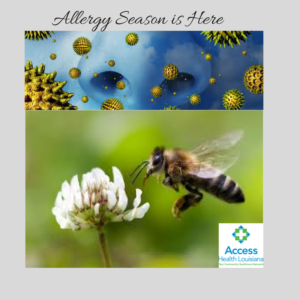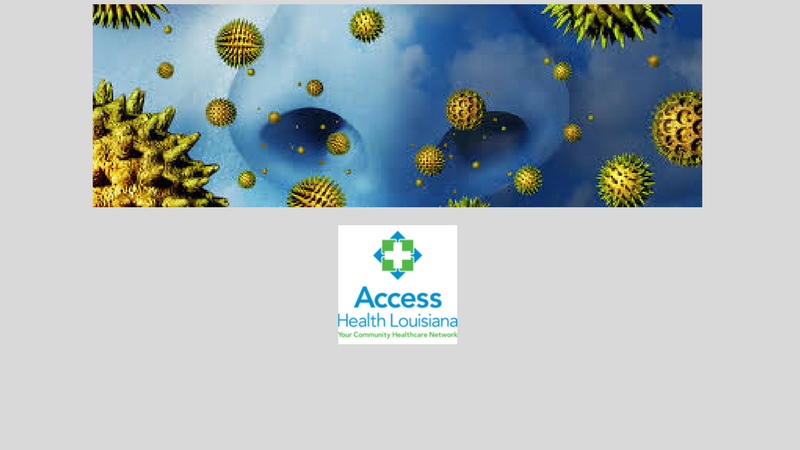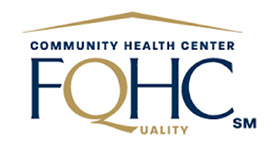News, Belle Chasse C.H.C, Kenner C.H.C., South Broad C.H.C, St. Bernard C.H.C., Woodworth C.H.C., Washington C.H.C, Tangipahoa C.H.C, St. Tammany – Slidell C.H.C, St. Charles – Norco C.H.C, St. Charles Community Health Center – Luling
In many areas of the United States, spring allergies begin in February and last until the early summer. Mild winter temperatures can cause plants to pollinate early. A rainy spring can also promote rapid plant growth and lead to an increase in mold, causing symptoms to last well into the fall.
While the timing and severity of an allergy season vary across the country, the following climate factors also can influence how bad your symptoms might be:
- Tree, grass and ragweed pollens thrive during cool nights and warm days.
- Molds grow quickly in heat and high humidity.
- Pollen levels tend to peak in the morning hours.
- Rain washes pollen away, but pollen counts can soar after rainfall.
- On a day with no wind, airborne allergens are grounded.
- When the day is windy and warm, pollen counts surge.
- Moving to another climate to avoid allergies is usually not successful — allergens are virtually everywhere.
The most common culprit for fall allergies is ragweed, a plant that grows wild almost everywhere, but especially on the East Coast and in the Midwest. Ragweed blooms and releases pollen from August to November. In many areas of the country, ragweed pollen levels are highest in mid-September.
Other plants that trigger fall allergies include:
- Burning bush
- Cocklebur
- Lamb’s-quarters
- Pigweed
- Sagebrush and mugwort
- Tumbleweed and Russian
- http://acaai.org/allergies/seasonal-allergies


